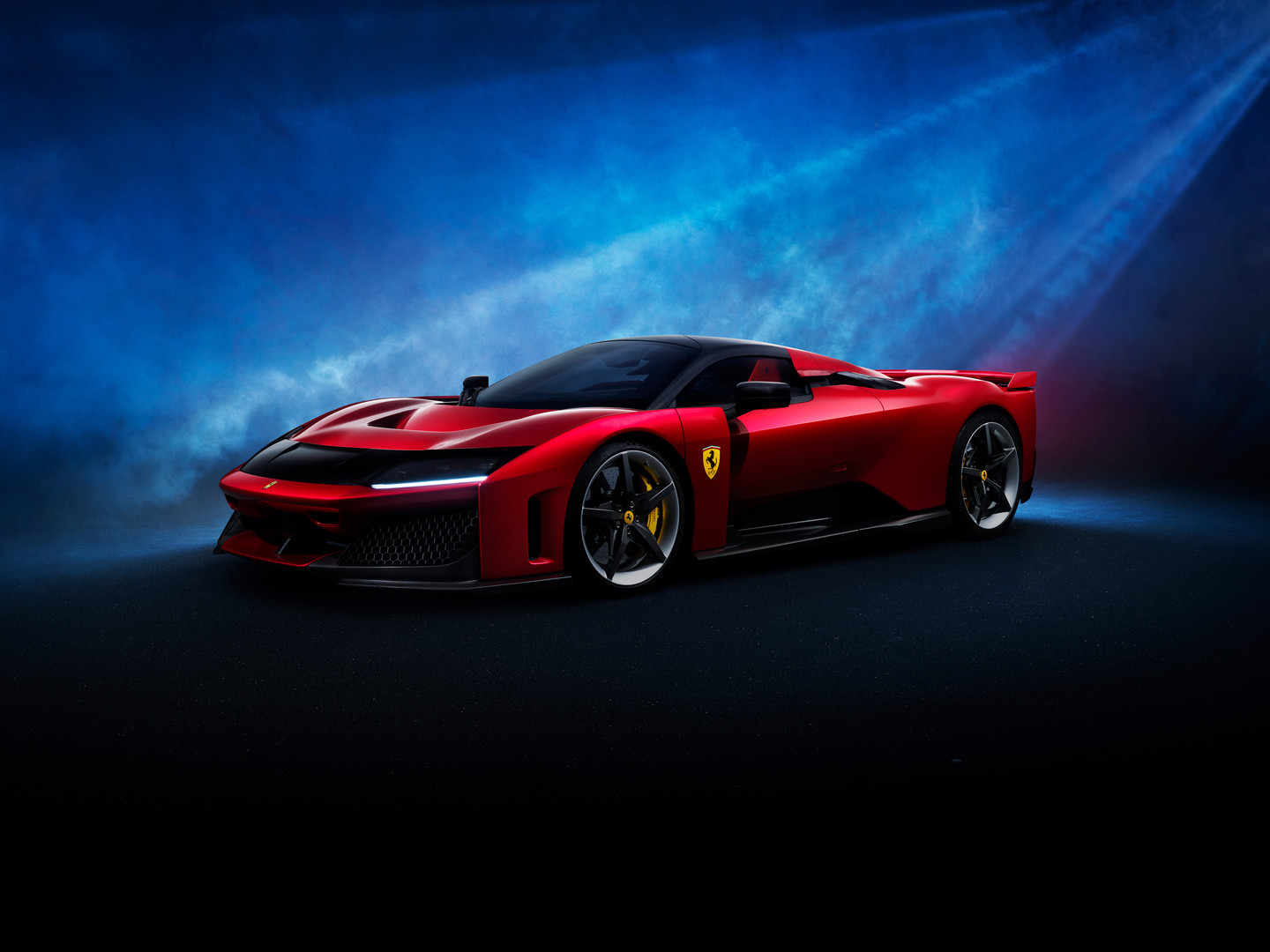Ferrari (RACE 1.14%) has long symbolized speed, style, and exclusivity. But lately, investors are noticing something more measurable: its financial engine.
While most automakers operate on thin margins and cyclical demand, Ferrari has quietly built one of the most profitable business models in the world. It isn't just a car company anymore -- it's a luxury compounder.
Does all this spell opportunity for investors now?

Image source: Getty Images.
What does Ferrari do?
Ferrari designs, engineers, manufactures, and sells ultra-premium sports cars, but the story doesn't end there.
The brand offers personalized features, bespoke options, after-sales services, restoration, licensing, and lifestyle goods. Its manufacturing is limited (in 2024, Ferrari shipped just 13,752 vehicles), yet it achieved 6,677 million euros in revenue -- up 11.8% from the prior year. To put it into perspective, each car averages just under half a million euros in revenue.
That scarcity is intentional. Ferrari famously produces "one car less than the market demands." By deliberately constraining supply, it keeps demand -- and pricing power -- permanently high. This is the luxury model perfected by Hermès and LVMH Moët Hennessy - Louis Vuitton, applied to performance cars.
The result? Ferrari's adjusted earnings before interest, taxes, depreciation, and amortization (EBITDA) margins hover around 38%, rivaling luxury fashion houses and leaving its automaker peers far behind. To put it into perspective, Tesla, the leading luxury electric carmaker, delivered an adjusted EBITDA margin of 17% in 2024. Note that this is not an exact apples-to-apples comparison because the latter is involved in many other industries, such as renewable energy. Still, the difference in margins tells the story.
Moreover, Ferrari also generates just under 15% of its revenue from other businesses such as sponsorship, commercial, brand licensing, and other financial services. Still, the majority of its revenue comes from car-related operations: vehicle sales, personalization, and after-sales support.

NYSE: RACE
Key Data Points
What's next for Ferrari?
Ferrari's most significant challenge -- and opportunity -- lies in the future of mobility. With regulators pushing for electrification, Ferrari is walking a tightrope: It must modernize without losing the emotional soul of its cars.
The company's transition is already underway. Half of Ferrari's shipments are now hybrid, and its first fully electric model is scheduled for 2026. By 2026, the company expects roughly 60% of sales to be hybrid or electric.
Ferrari's management knows its customers buy emotion, not efficiency. That's why it's building its new EV factory in Maranello, focusing on sound engineering and driving feel to preserve what makes a Ferrari a Ferrari.
Meanwhile, new models like the Purosangue SUV are broadening Ferrari's addressable market without diluting exclusivity. The SUV demonstrates how Ferrari is carefully expanding its volume to satisfy market demand without sacrificing the brand's identity. With the ever-growing ultra-rich population globally, there's more room for luxury companies to expand in this area.
In short, Ferrari's future looks bright -- so long as it navigates electrification without losing its essence.
What does the market think about the stock?
Ferrari stock offers a rare blend: luxury-brand economics, automotive performance, and global growth. Yet, the valuation debates persist.
At current levels, Ferrari commands a premium multiple relative to traditional automakers. For perspective, the stock trades at a price-to-earnings (P/E) ratio of 41, vastly higher than General Motors' P/E ratio of 6. But that's because it should not be valued like one. Given its margin profile and brand premium, Ferrari looks like a luxury house with wheels.
The question for investors isn't whether Ferrari is cheap -- it rarely will be -- but whether the brand can continue delivering compoundable earnings growth over the next decade. With controlled supply, potent product mix, and disciplined electrification, Ferrari has the potential to justify its premium.
What does it mean for investors?
Ferrari wins by doing less, not more. It sells emotion, not metal. Its scarcity, personalization, and brand power form a moat few automakers can touch. For investors with a long time horizon, Ferrari is not just a stock -- it's a compounder built to grow revenue, margins, and cash flow for decades.
That is why everyone is talking about Ferrari stock -- and why it will remain in the spotlight for years to come. Above all, it deserves a spot on your radar.





